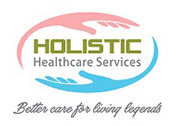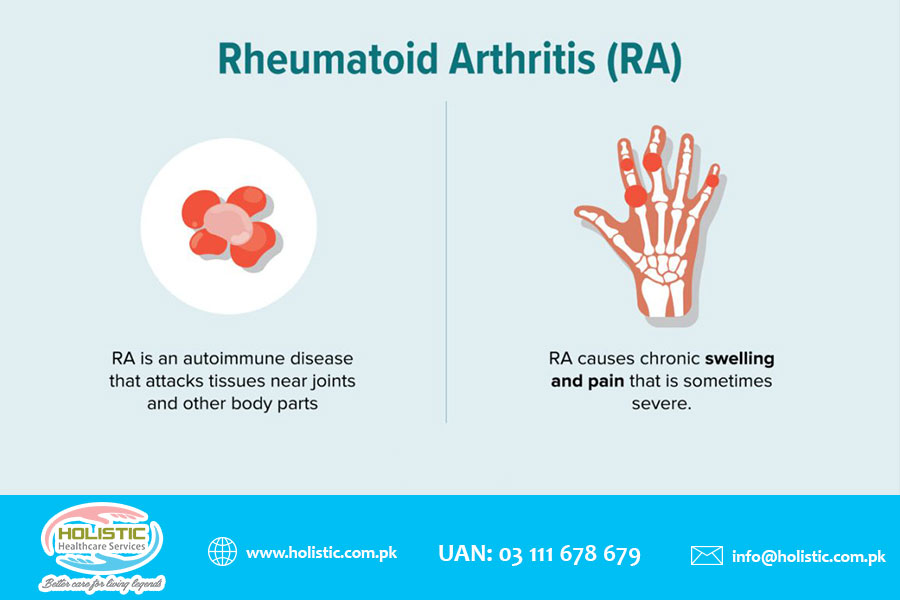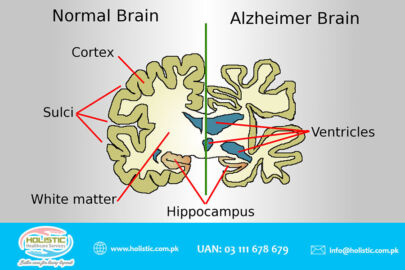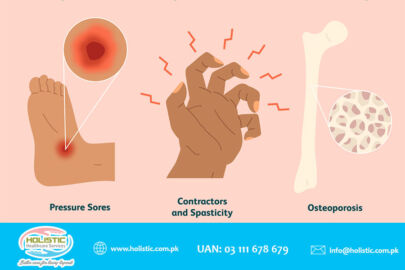Rheumatoid Arthritis or RA is a chronic inflammatory disorder that can affect more than just your joints. In some people, the condition can damage a wide variety of body systems, including the skin, eyes, lungs, heart and blood vessels.
Signs and Symptoms
A person with RA may suffer from a number of symptoms, including:
- Fatigue. Before experiencing any other symptoms, a person with RA may feel extremely tired and listless
- Slight fever. Inflammation associated with RA may cause people to feel unwell and feverish
- Weight loss
- Stiffness
- Joint tenderness
- Joint pain
- Joint swelling
- Joint redness
Causes
Rheumatoid Arthritis is an autoimmune condition, which means it is caused by the immune system attacking healthy body tissue. However, it is not yet known what triggers this. Your immune system normally makes antibodies that attack bacteria and viruses, helping to fight infection.
Apart from infection, excessive stress also can cause RA. It is quoted from Google:
“We know that there can be rheumatoid arthritis flares from a clear reason, like an injury, but stress can be a factor in the worsening of RA.” Research shows that stress may play a role in the actual inflammation that causes pain. Inflammation in RA is partly caused by molecules called cytokines.
Each stage of RA comes with different treatment goals, as listed below:
- Stage 1. Stage 1 is early-stage RA. Many people feel joint pain, stiffness, or swelling
- Stage 2. Stage 2 is a moderate stage RA
- Stage 3. Once RA has progressed to Stage 3, it is considered severe
- Stage 4. At Stage 4, there is no longer inflammation in the joint
In 5% to 10% of people with RA, the disease starts suddenly, and they have no symptoms for many years, even decades. Symptoms then come and go. This happens to about 15% of people with rheumatoid arthritis. You may have a remission period of few or no problems that can last months between flare-ups.
RA usually develops in older adults, but it can affect people of any age. When the onset of RA occurs at a younger age, there is more time for it to progress. Consequently, it may cause more severe symptoms over time, and it is more likely to lead to complications.
Treatment
A number of medications are used for the treatment of RA as listed below:
- NSAIDs – Nonsteroidal anti-inflammatory drugs or NSAIDs can relieve pain and reduce inflammation. Examples include Paracetamol etc.
- Steroids – Corticosteroid medications, such as prednisone, help reduce inflammation and pain and slow joint damage
- Disease-modifying antirheumatic drugs (DMARDs)
- Biologic agents
Doctors recommend that people who have rheumatoid arthritis receive the annual vaccination for respiratory influenza, also known as the flu shot. The nasal spray version contains a live virus, so it is not recommended for people with weakened immune systems.
RA and Vitamin D
Quite ironically, the link between Vitamin D and RA is not clear. Despite advancements synthesized by some recent meta-analyses, the relationship between Vitamin D and RA requires further evaluation. Finally, additional studies are required to determine the impact and optimal amount of Vitamin D supplementation in the treatment of RA patients.
As the disease progresses, a patient suffering from RA will need assistance to do their daily chores and activities. We have trained and qualified staff to help patients living with RA at their homes. Our nurses and caregivers provide assistance to patients in their homes. Contact us today at UAN: 03 111 678 679 for a Free Consultation. Our healthcare provider will be happy to assist.





 Reach us on WhatsApp
Reach us on WhatsApp